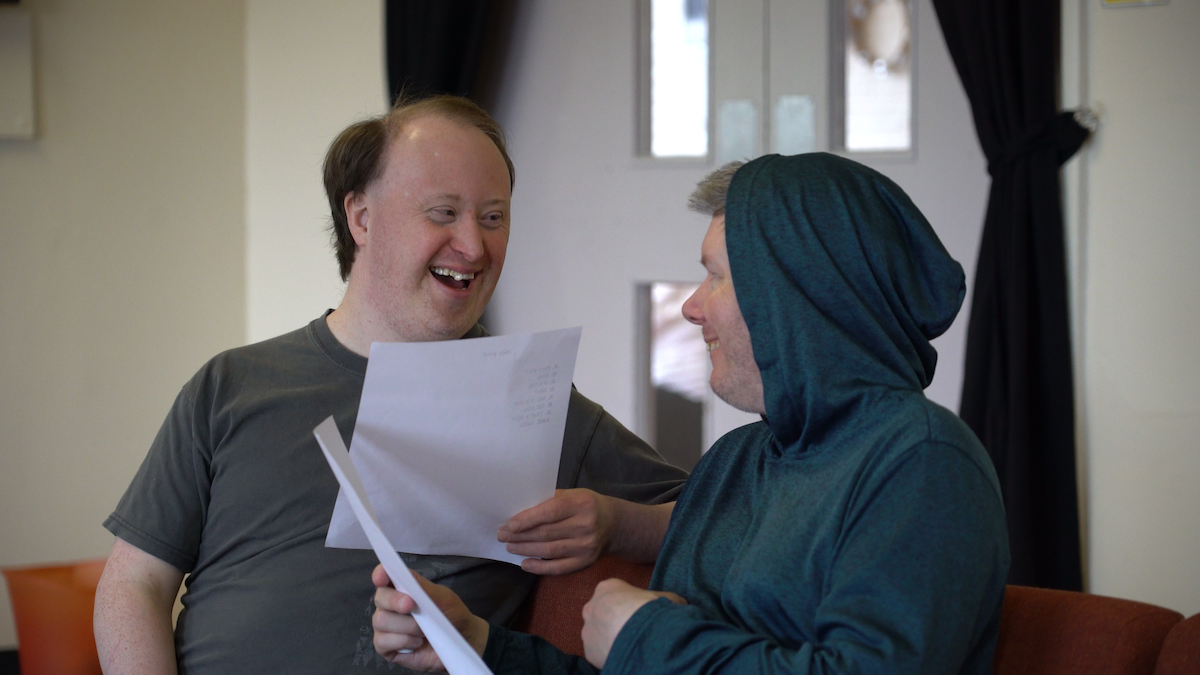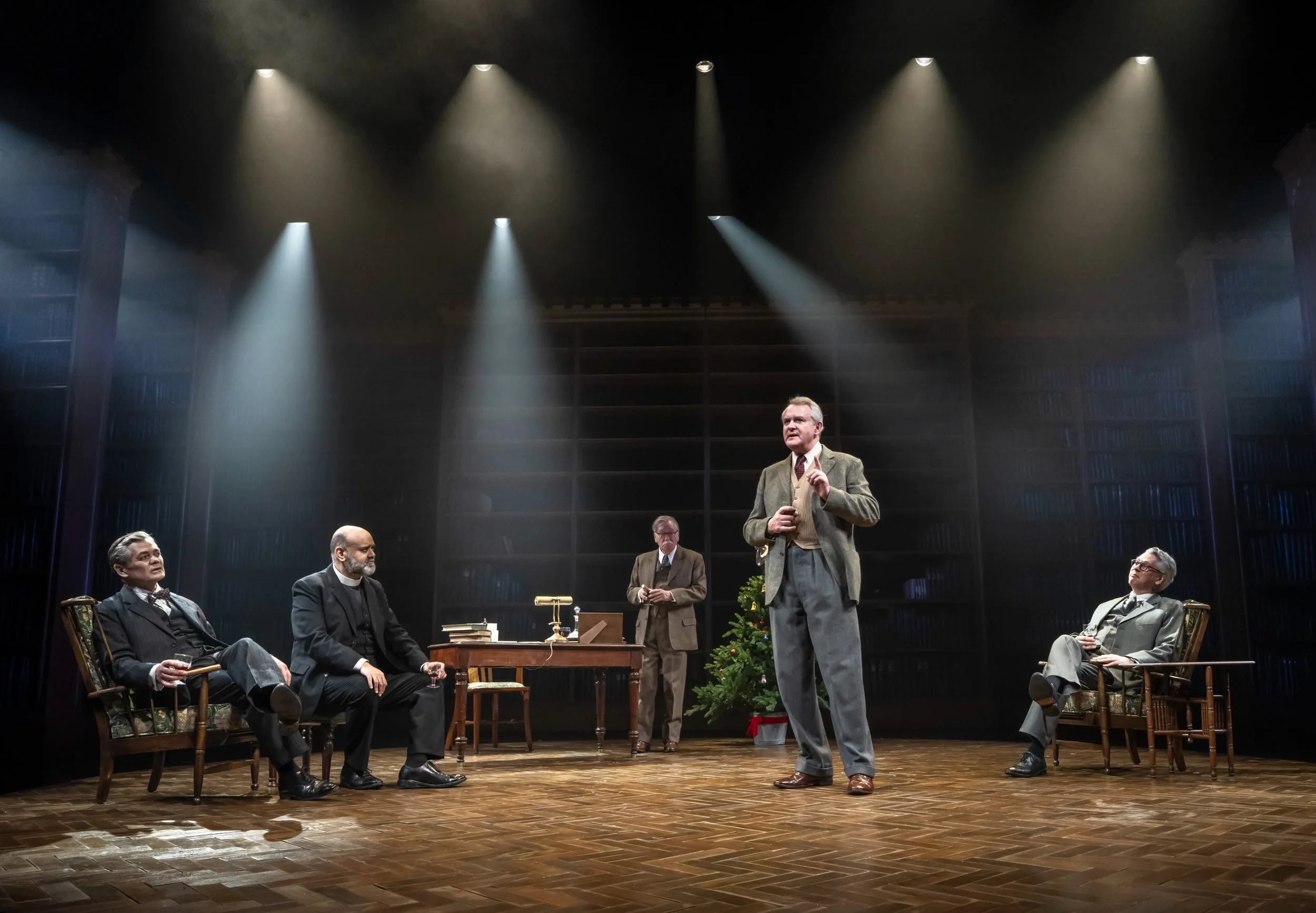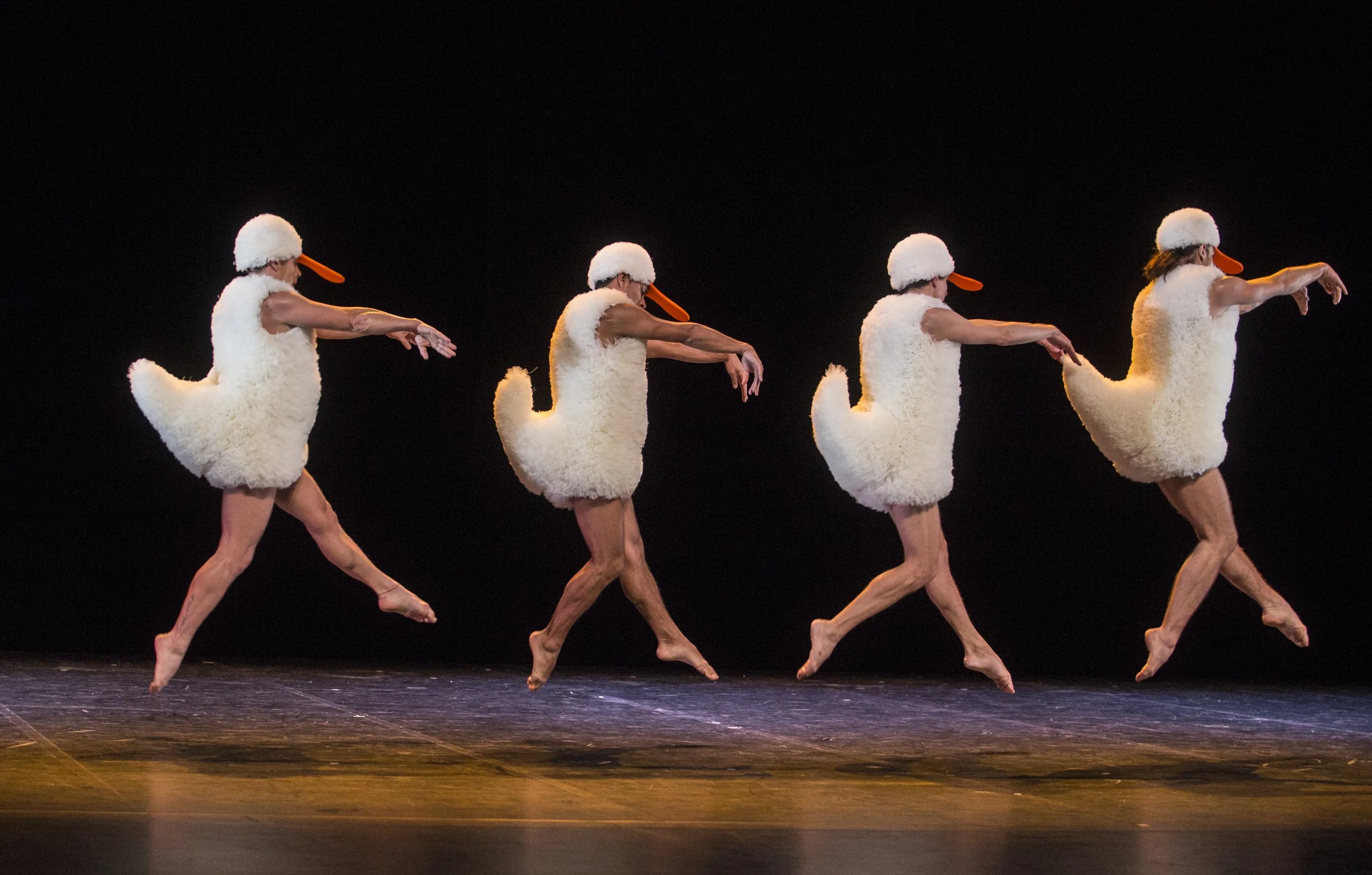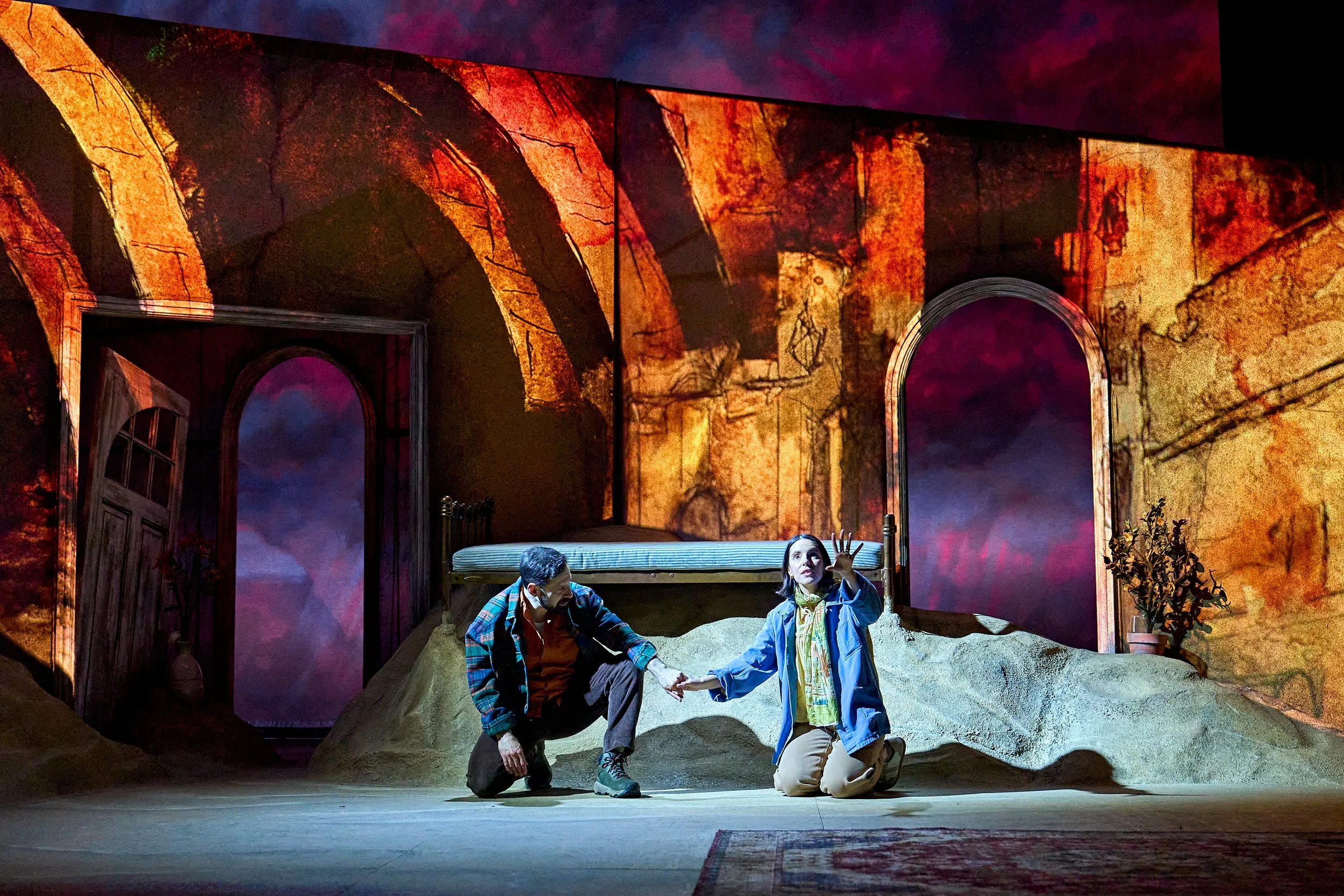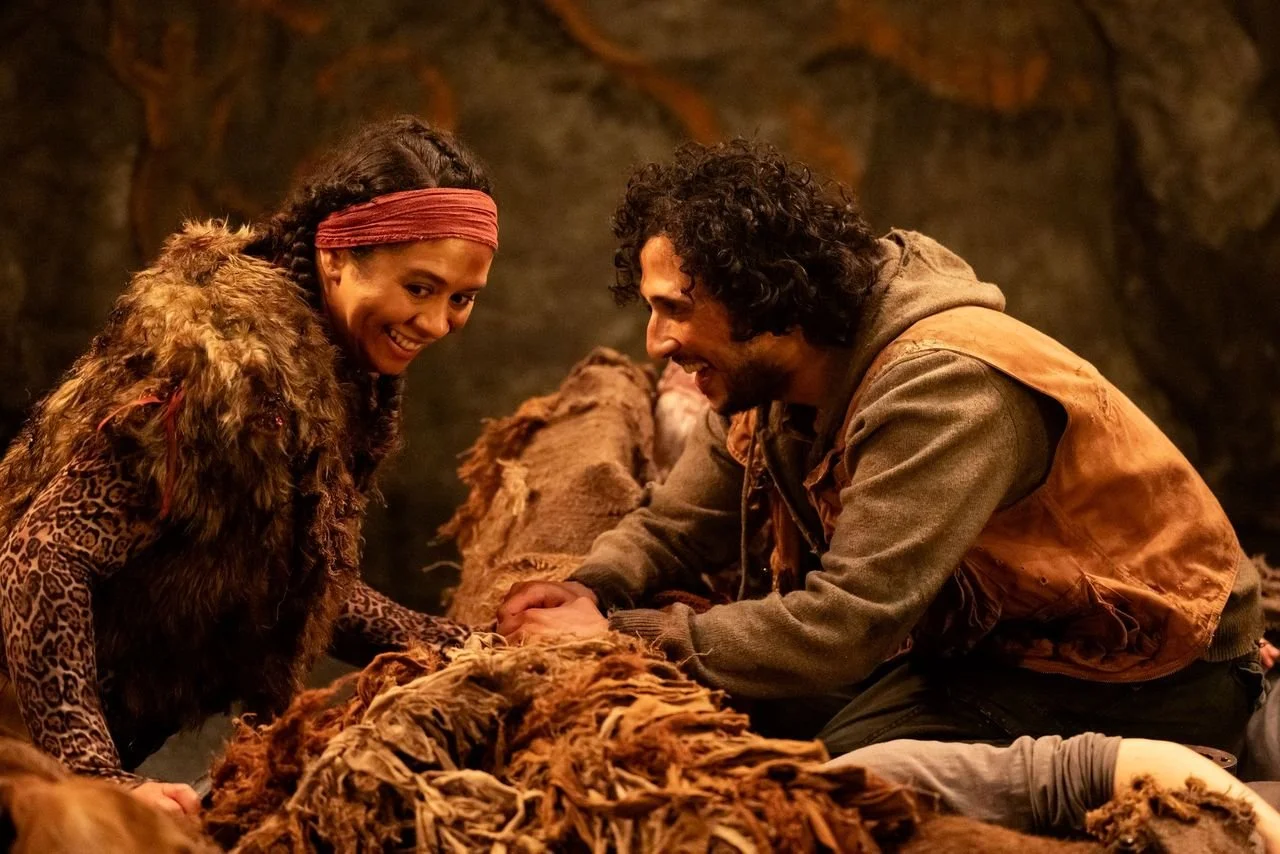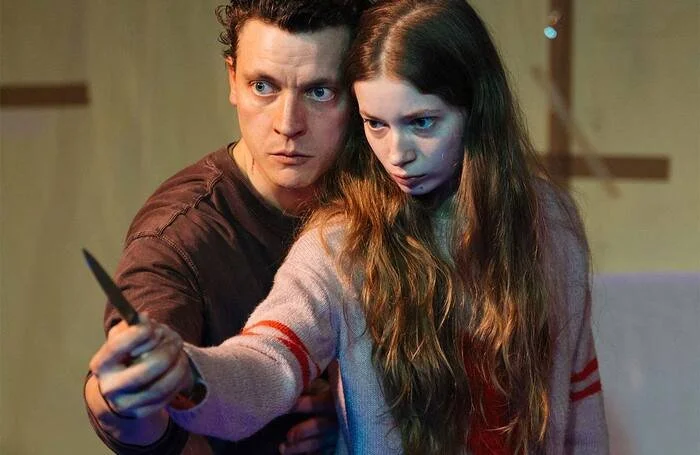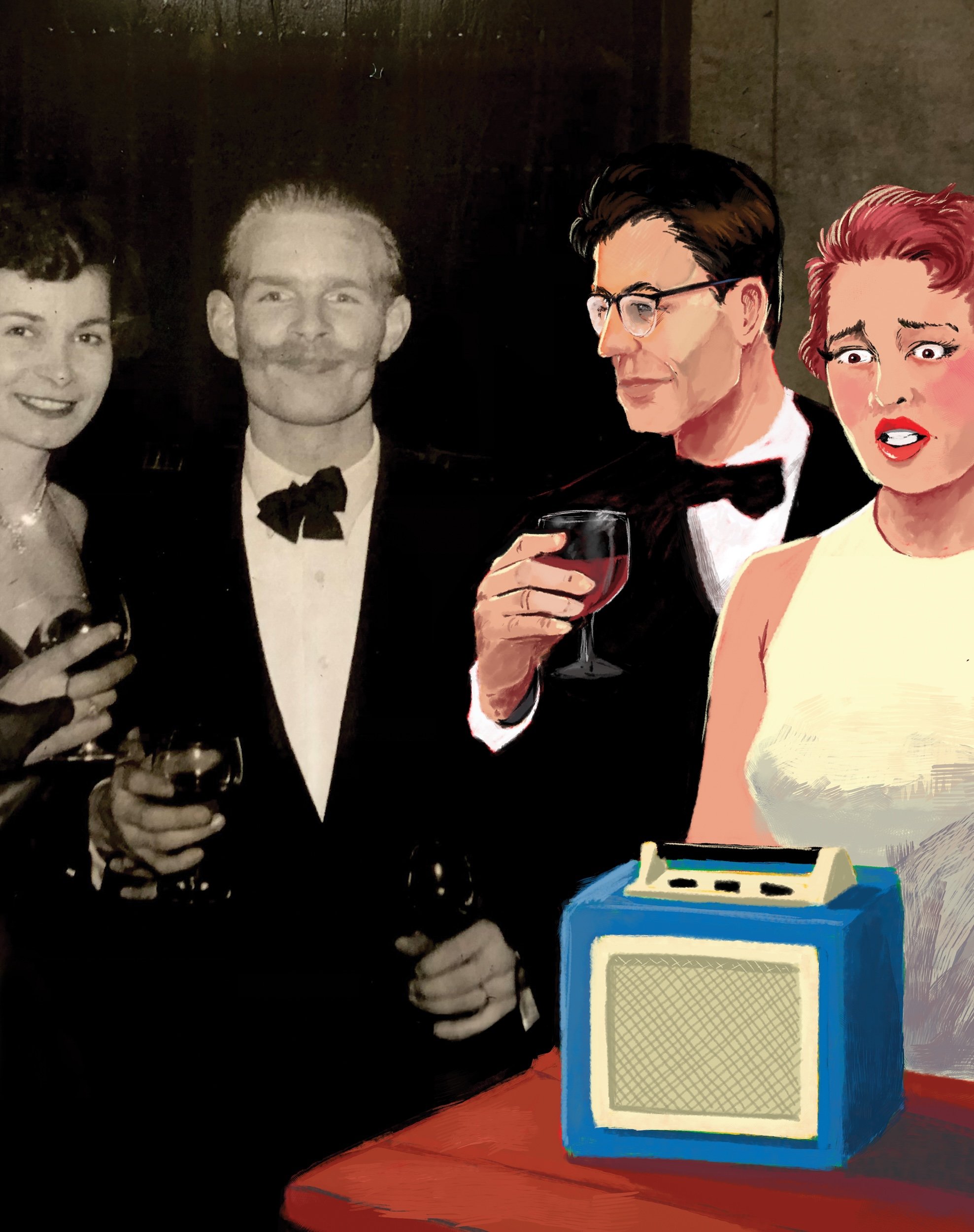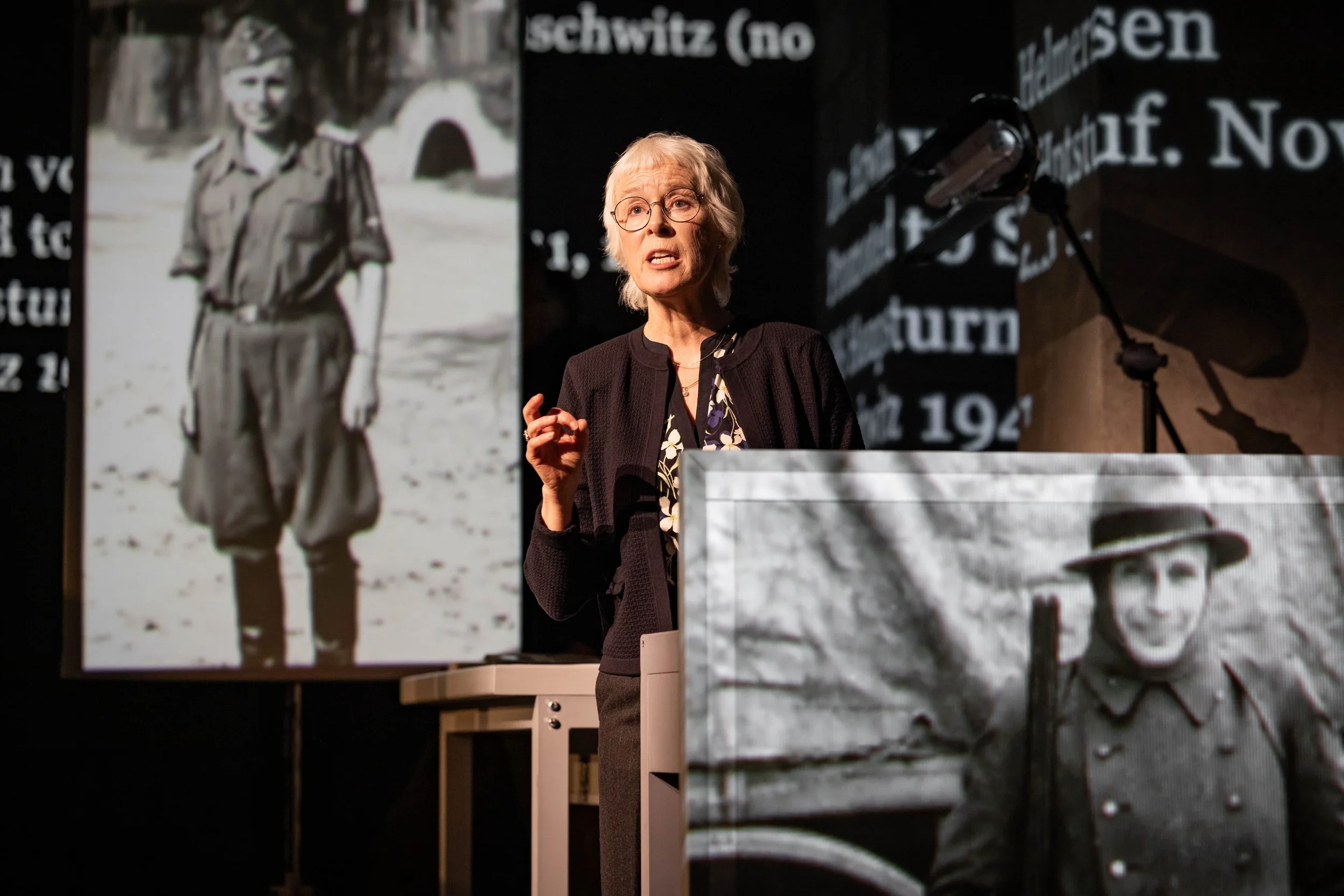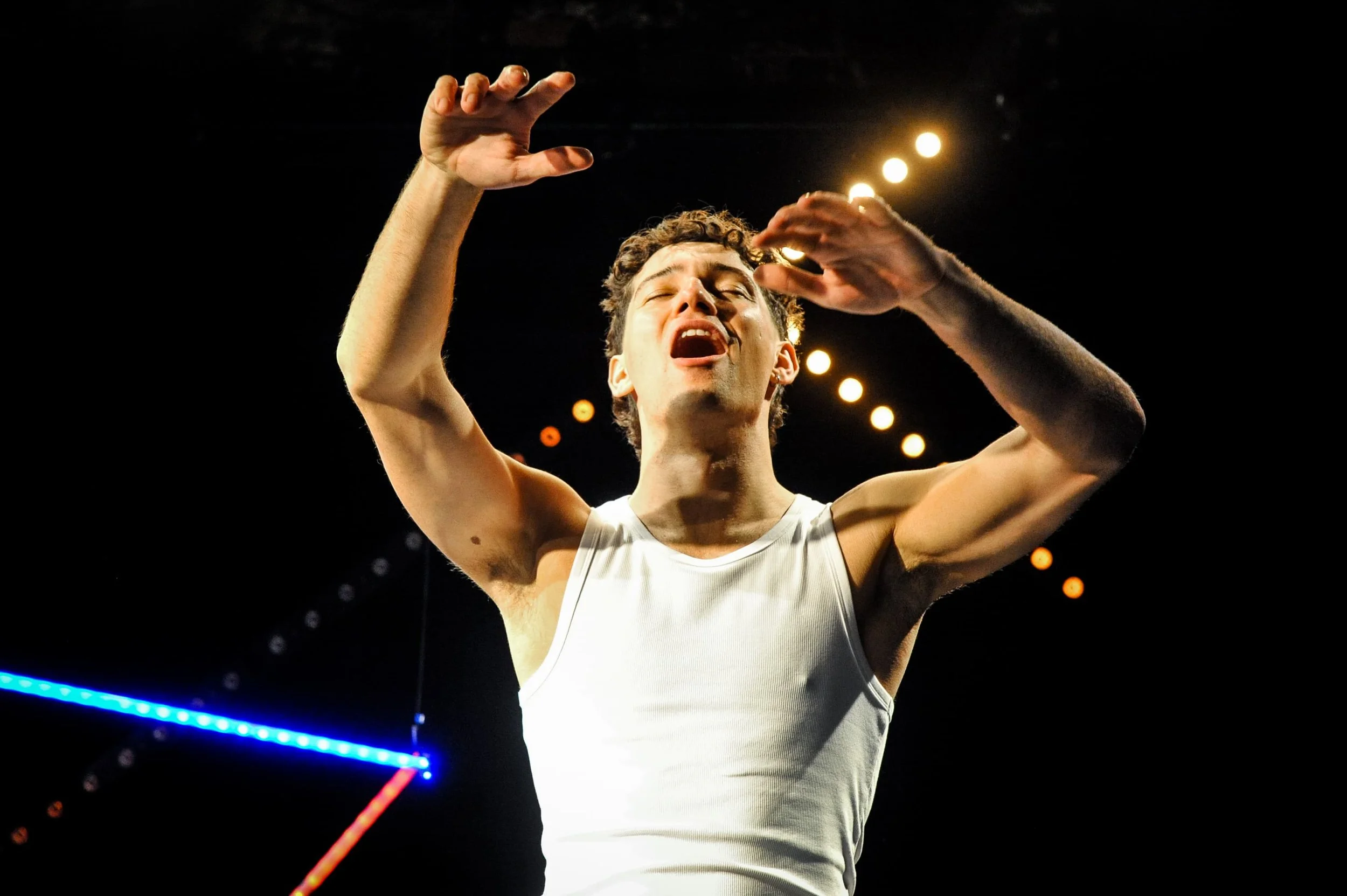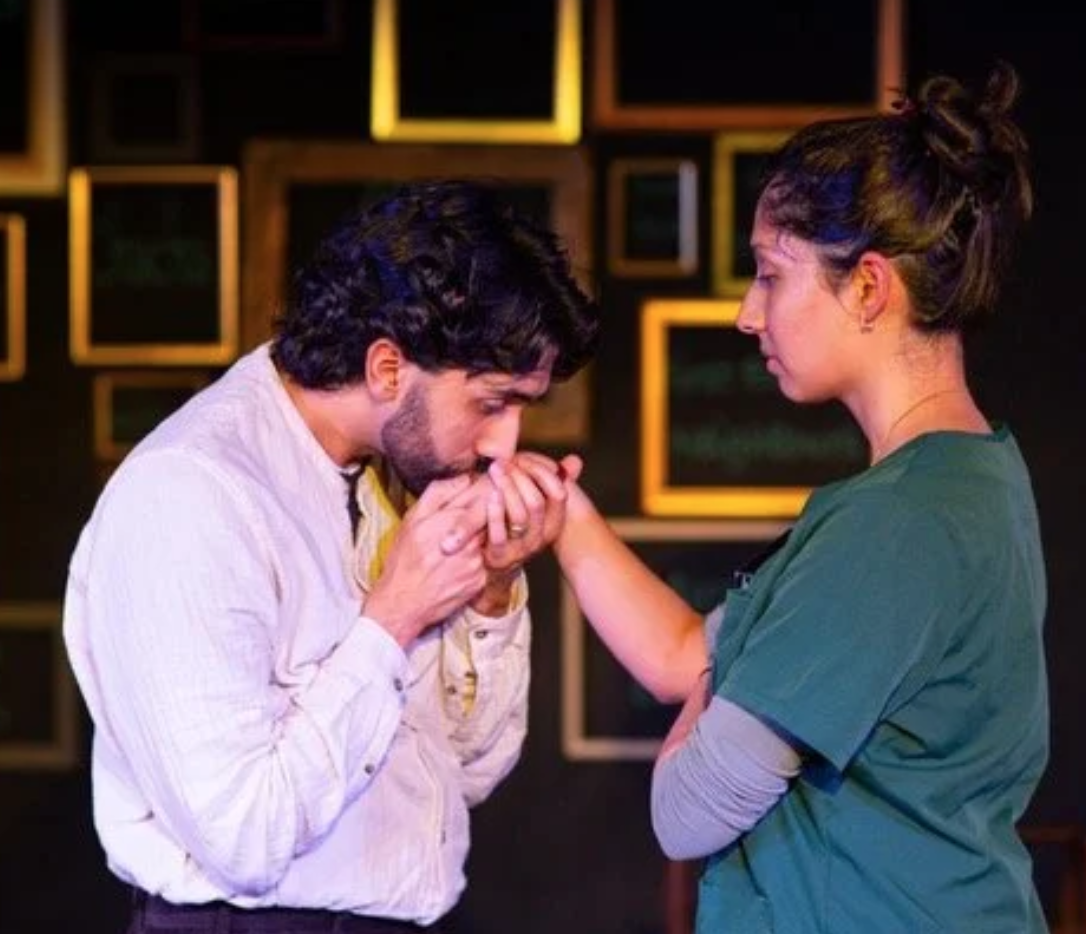Acosta Danza- A Decade in Motion at Sadler's Wells Review
Written by Liam Arnold for Theatre & Tonic
Disclaimer: Gifted tickets in exchange for an honest review
When Carlos Acosta founded Acosta Danza in 2015, fresh from his legendary run with The Royal Ballet, he envisioned a company that would bridge the worlds of classical ballet and contemporary Cuban dance. Ten years on, A Decade in Motion—a four-part mixed bill at Sadler's Wells—proves how resoundingly that vision has been realised.
The programme, which includes two UK premieres, reflects the company's extraordinary range: technically virtuosic, emotionally rich, and culturally grounded. These dancers glide between genres with disarming ease—from neoclassical formality to salsa improvisation, from urban street styles to Afro-Cuban ritual. If Acosta dreamed of a troupe that could wear pointe shoes, sneakers and go barefoot all in one evening, this is it.
The opener, George Céspedes’s La Ecuación, is a riveting exercise in constraint and release. A quartet of dancers begins trapped in a skeletal cube, moving with angular, robotic precision. As the techno-infused Cuban score by X Alfonso intensifies, the movement spills outward—mathematical yet tribal, mechanical yet volcanic. It's cerebral and sweaty in equal measure.
From tight structures to lyrical reverie, Javier De Frutos's 98 Días offers a different kind of intensity. Inspired by Federico García Lorca’s joyous 98-day stay in 1920s Havana, the work drips with sensual nostalgia. Flamenco vocals mingle with Michael Nyman’s cinematic sweep, as De Frutos weaves together memory, longing, and queer desire. There’s a beautiful tenderness in how the dancers fold into one another, a softness sharpened by the underlying ache of displacement. It’s one of the evening’s most arresting works.
Goyo Montero’s Llamada follows, digging into deeper, darker terrain. Also inspired by Lorca (this time his Ode to Walt Whitman), the piece confronts themes of faith, identity and sexual repression. At times bordering on over-symbolic, its stark flamenco gestures and turbulent group formations still pack an emotional punch—especially when juxtaposed with music by Rosalía and Miguel Poveda. It’s not always comfortable viewing, but that seems to be the point.
The finale, De Punta a Cabo, choreographed by Alexis Fernández with Yaday Ponce, is a joyous exhale. Set on Havana’s iconic Malecón esplanade, it explodes with colour, rhythm and swagger. It’s as if every movement style in Cuba has been poured into one celebratory cocktail: ballet, salsa, contemporary, reggaetón—pointe work meets pelvis rolls. The dancers take the stage not just with skill, but with joy. If La Ecuación was about containment, this is pure release.
What holds the evening together is the dancers: fiercely expressive, ferociously talented, and deeply connected to their roots. Many have trained at the Acosta Danza Academy in Havana, a school born out of Acosta’s own drive to democratise elite dance training. Their cohesion and versatility speak volumes about the company's success.
Not everything is perfect. Llamada occasionally falters under the weight of its ideas, and 98 Días might feel emotionally opaque to those unfamiliar with Lorca’s history. But these are small wrinkles in an otherwise thrilling portrait of a company in full bloom.
At 10 years old, Acosta Danza is no longer the upstart—it’s a vital force in contemporary dance. And with Acosta himself still very much the visionary behind it all, it seems the next decade could be even more exciting than the last.
A Decade in Motion will be playing at Sadler's Wells until 27th September
★★★★


